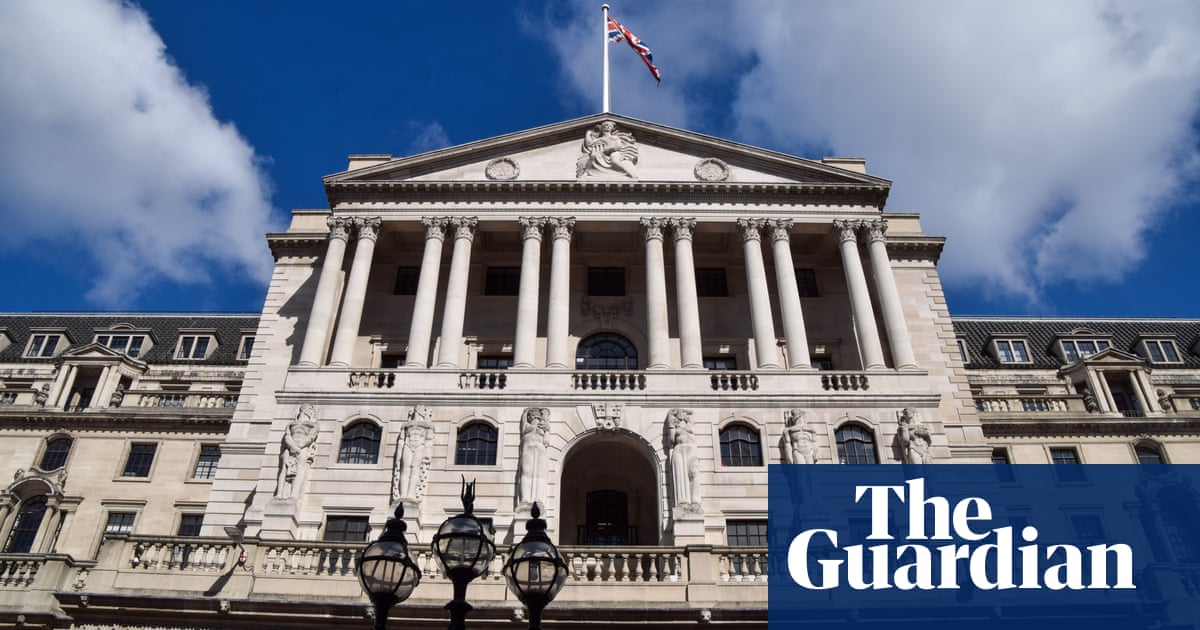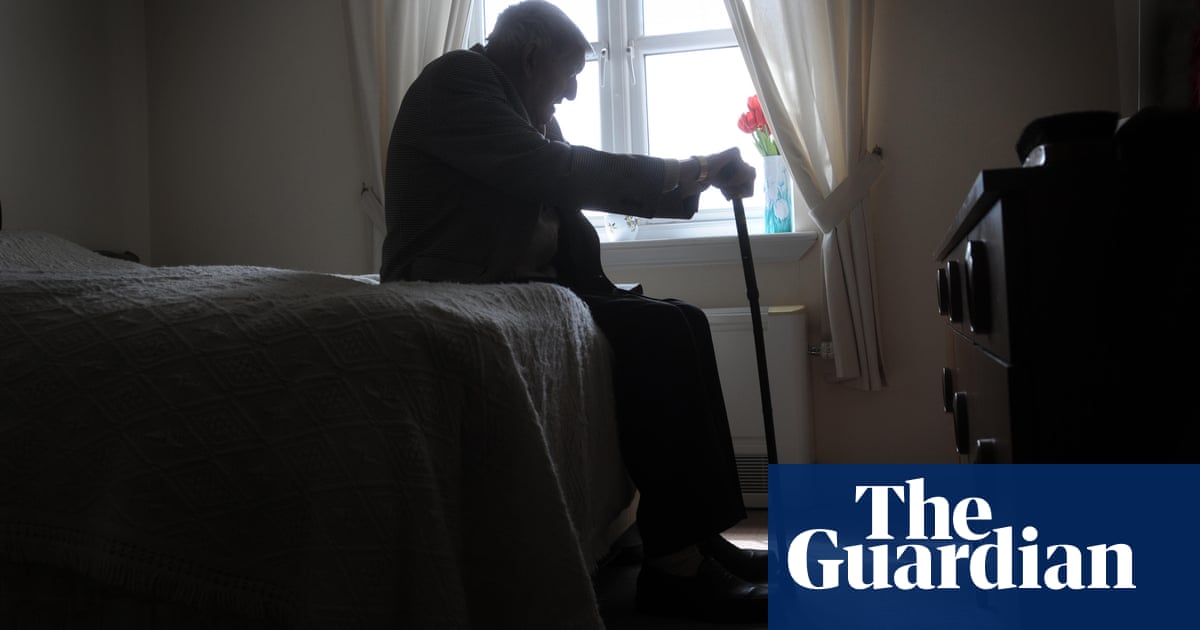
Young people are “crying out” for a return of youth clubs after swingeing cuts left three-quarters of 16- to 19-year-olds in England lacking ways to connect with youth workers, according to research shared with the Guardian.
More than half of people in their late teens are specifically calling for more youth work that offers “fun”, with older teenagers particularly hankering for more jollity, according to a study by the National Youth Agency (NYA). One in 10 said they have zero options to access youth work.
Youth groups are urging the next government to inject up to £1bn a year into services after the number of local authority-run youth centres in England fell from 917 to 427 between 2012 and 2023, as council spending was reduced by 75%. About 4,500 youth workers have been lost, according to estimates by the trade union Unison.
“The fact that over three-quarters of respondents say that there are very few or no youth work options at all, with over half wanting access to more youth work that offers fun activities, tell us that young people are crying out for more youth work opportunities,” said Alex Stutz, the head of knowledge at NYA, the professional, statutory and regulatory body for youth work in England.
It said funding needs to increase to more than £800m to deliver sufficient youth work provision – well over double the amount spent by councils.
Labour has said it will channel £100m a year from existing funding commitments into policies including a network of “young futures” hubs – billed as a Sure Start for teenagers – staffed with youth workers, mental health support workers and careers advisers. It would have a specific strand of activity targeted at young people at risk of being drawn into violent crime.
Sure Start was an initiative launched in 1998 by the last Labour government to provide children’s centres and other services to support families.
“Young people have had a shockingly bad deal under successive Tory governments,” Thangam Debbonaire, the shadow culture secretary, told the Guardian. “Youth services have been hollowed out, the housing crisis has deepened and too many young people are waiting too long for mental health support. Only Labour will give young people their future back.”
But UK Youth, a membership organisation that represents more than 7,000 youth groups, said a £1bn a year increase in funding was the minimum necessary amid fears that crisis-hit councils could be forced to cut funding even further whoever wins the general election.
Jacob Diggle, UK Youth’s chief impact officer, said: “Labour needs to go further because it has got a great profession here that has been proven to be really effective at tackling the issues it says it wants to deal with, that is being left on the bench.”
The Conservatives did not respond to request for comment.
The new polling comes as global research into youth wellbeing shows “disconcerting drops especially in North America and western Europe”, leading to calls to increase teens’ real-life social connections to counter negative effects of social media.
The two biggest reasons the young people polled across England wanted more youth work provision was because they enjoy it and to build their confidence, closely followed by learning new things and making friends.
Seven out of 10 people who accessed youth services at least once a week said it supported their wellbeing a great deal or quite a bit. And 59% of late teens said it made them feel valued and included, rising to 71% among black respondents.
Alex Johnstone, 18, who attended a club provided by Goole Youth Action in the East Riding of Yorkshire, said it supported her through a diagnosis of osteoarthritis and coming out as transgender aged 14. “I’m comfortable in my surroundings at youth club,” they said. “There are people there to support you. You don’t get that with other activities, where you can feel quite isolated.”
“If I’m ever struggling emotionally, I turn to my youth worker,” said Emily Long, 18, who lived in supported accommodation and last year joined a boxing project run by the same charity that “helped me feel happier and more confident about living independently in the future”.
Youth groups estimate that more than £10bn has been cut from funding since 2010, despite the government’s own research showing more bike theft, shoplifting, weapon possession and reoffending in areas where funding was cut.
Emerging research into the effects of the closure of youth clubs in London has found that people aged 10-18 affected by closures became 15% more likely to commit crimes, with these changes not explained by changes in policing or general austerity.
UK Youth and Institute for Government research also reveals that a 78% cut to spending on young people and children’s services between 2010 and 2023 contributed to a 58% rise in spending on looked-after children and safeguarding services.
UK Youth has estimated that every £1 government invests in youth work, the benefit to the taxpayer is at least £3.20.
Studies published by the Department of Culture, Media and Sport have also revealed “a clear association between participation in youth provision and positive short-term outcomes relating to physical health and wellbeing, pro-social behaviours and education”.












